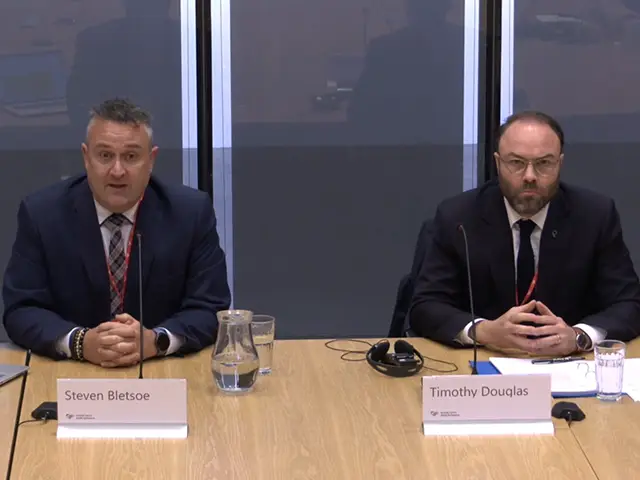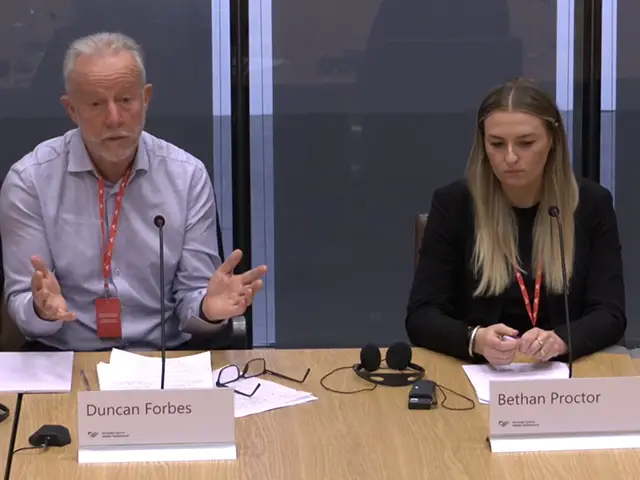Support quality, independent, local journalism…that matters
From just £1 a month you can help fund our work – and use our website without adverts. Become a member today

Landlords have warned the cost of building safety reforms could be far higher than the estimated £132m, with tenants likely to foot much of the bill through higher rents.
The Welsh Government’s estimate of £62 for each house in multiple occupation (HMO) for total yearly costs of the building safety bill is a severe underestimate, according to landlords.
The National Residential Landlords’ Association (NRLA) said a full fire risk assessment alone typically costs £394.50, plus a £100-a-year review, and required upgrades can cost up to £15,000 for a single property.
Writing to the Senedd’s housing committee, the NRLA said: “These costs will generally be passed on to tenants through rent – although significant costs can lead to unprofitability… causing sell-offs and reducing the total stock available.”
Landlords also warned: “The proposals outlined in the building safety bill provide a weak method of enforcement against tenants who regularly fail to comply with their duties.
“As a result, it is likely to be slow, cumbersome and provide no meaningful way for landlords to compel a tenant to stop breaching their own fire safety duties.”
‘Massively underestimated’
During a housing committee meeting on Thursday (October 9), the private and social housing sectors broadly backed the principles of the bill which was brought forward to ensure the 2017 Grenfell tragedy – in which 72 people died – can never happen again.
But witnesses warned of practical implementation problems and unintended consequences.
Calling the £62-a-year cost estimate “far, far away”, Steven Bletsoe – the NRLA’s deputy director – told Senedd Members: “We cannot understand where that figure has come from.”
Timothy Douglas, from Propertymark, a professional body for sales and letting agents, agreed: “Unfortunately, the government assessment is an underestimation.”
Jaclyn Mangaroo, from the Property Institute, which represents residential property managers, pointed to high costs for wider compliance even before remediation.
Ms Mangaroo said the largely England-only Building Safety Act similarly “massively underestimated” upfront costs as she suggested service charges for leaseholders will rise. She described claims insurance premiums could fall under the new system as a “myth”.
‘Poorly drafted’
Concerns about costs were echoed by social housing landlords.
Community Housing Cymru (CHC), a membership body for housing associations, warned: “Without targeted funding support, there is a risk that landlords may be forced to pass costs on to tenants and leaseholders, which we believe would be unacceptable.”
CHC said it sought legal advice which showed parts of the bill were “poorly drafted”, relying heavily on secondary legislation and guidance to follow which creates a “guessing game”.
Calling for proportionality, CHC head of policy Bethan Proctor said one housing association warned it would cost £100,000 a year to do fire assessments for lower-risk buildings.

Duncan Forbes, chief executive of Trivallis housing association, told the committee: “I definitely think a bill is necessary, whether this bill is the right one is another question.”
He said: “There’s nothing in here about personal emergency evacuation plans, whereas England has got those being introduced. There’s nothing about sprinklers… those are the things that would actually be of more value than some of the things that are in here.”
ClwydAlyn housing association in north Wales told the committee: “Its success will ultimately depend on adequate funding for regulators, effective industry support, and careful monitoring to ensure costs do not unfairly fall on residents.”
Support quality, independent, local journalism…that matters
From just £1 a month you can help fund our work – and use our website without adverts.
Become a member today
